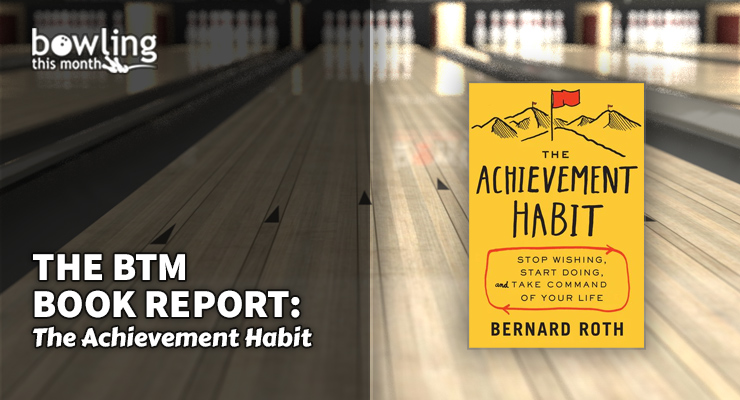In The Achievement Habit, Bernard Roth takes aim at success and self-improvement through engineering. More accurately, he presents a process for improvement through a lens of design and problem-solving through innovation.
One of the key principles he discusses is how to actually change behavior. He suggests that people are more successful by acting like the person who would do the behavior than simply asking themselves to do something. In one study, he cites that people encouraged to “be voters” produced better turnout than simply asking people to “go vote.”
This relates to a reflection activity that he suggests in which you ask, “Who am I?” Some people associate with what they have, like a degree or a title, or simply having a job. Other people associate with what they do, like teaching. Some people associate with their being. This is like their calling. For example, for some teachers, teaching is a job, while for others, it is a calling.
In another interesting part of the book, the author discusses how to approach problem-solving in a different way, because often the problem that you are trying to solve is the wrong one. In the example given, the problem is, “Why can’t I find a spouse?” In Mr. Roth’s framework, he suggests you phrase the problem as the solution and then ask what the question is. So “finding a spouse” can be the solution to the problem of companionship, among many other possible options. If you realize that companionship is really the problem, you can go about solving that in a way that might not actually involve finding a spouse. This way of thinking shifts perspective in a way that changes the problem and might provide better solutions.
The author also discusses the value of the words “and” and “but.” Most people tend to use the word “but” instead of the word “and,” which creates a conflict and usually ends the problem-solving process. For example, consider the sentence, “I want to travel, but I’m afraid of flying.” These are independent statements, and the implication in this sentence is ...
This article is only available to Bowling This Month subscribers. Click below to get instant access to this article and all of our other premium instructional content.
Subscribe to Bowling This Month
Already a Bowling This Month subscriber? Click here to log in.
